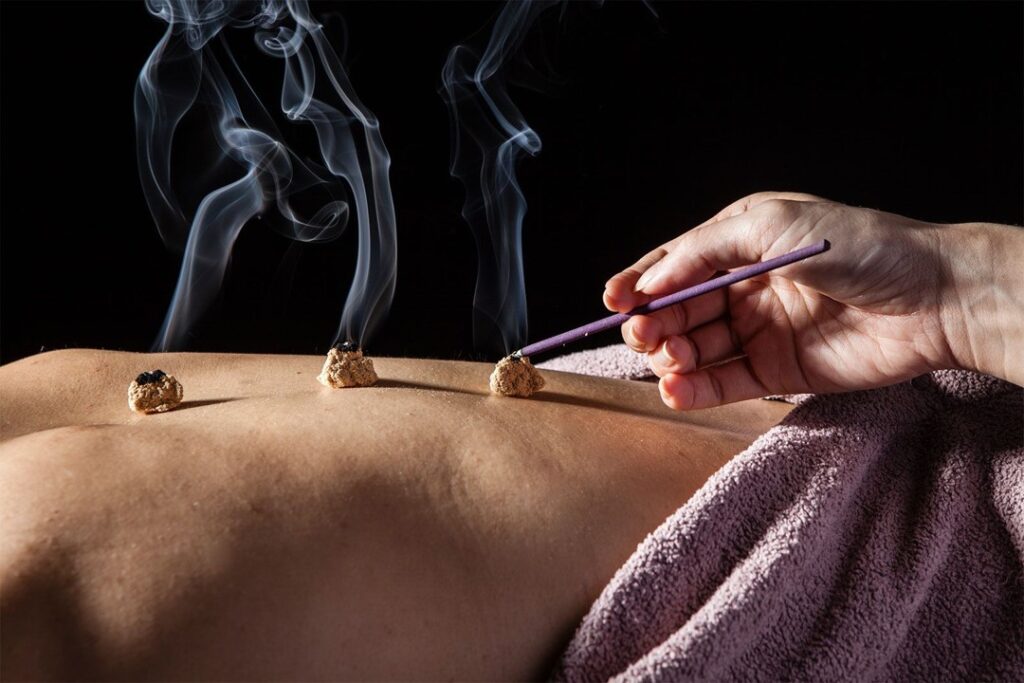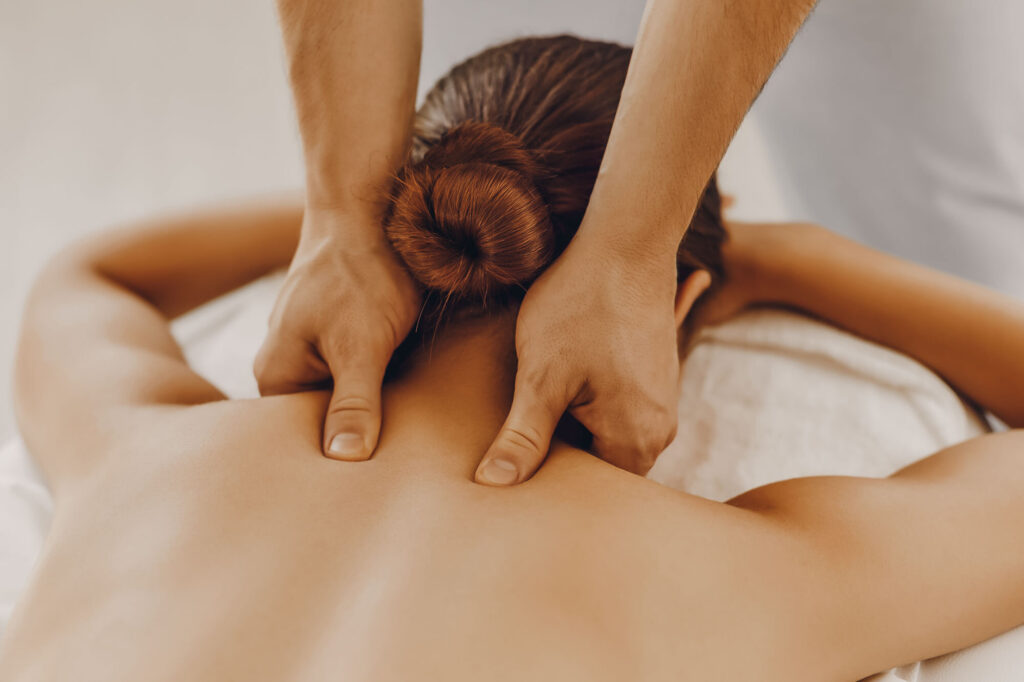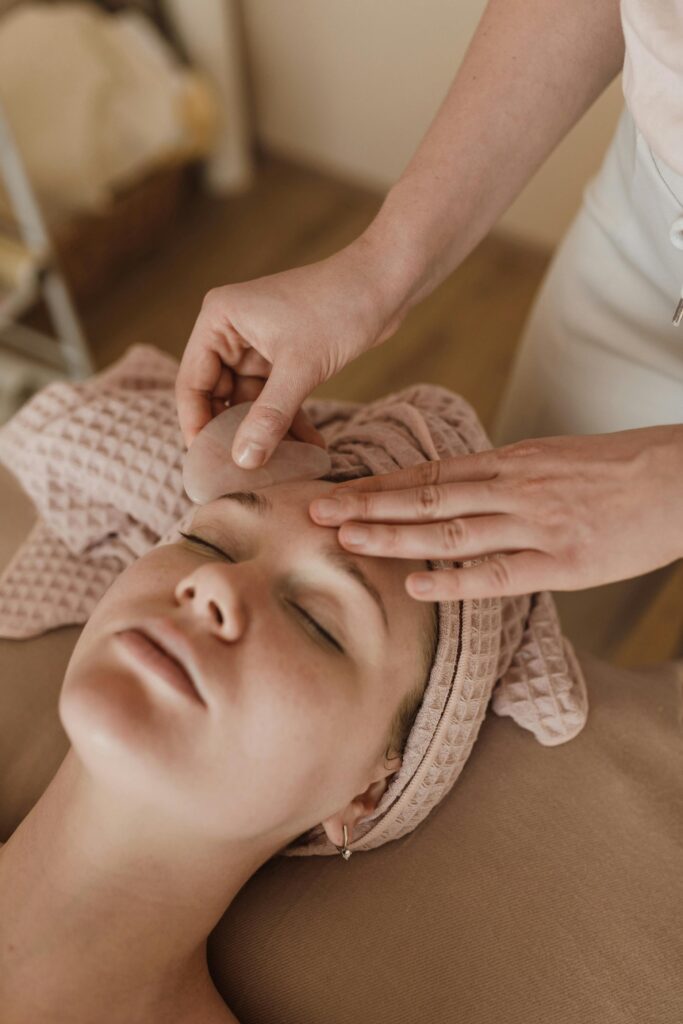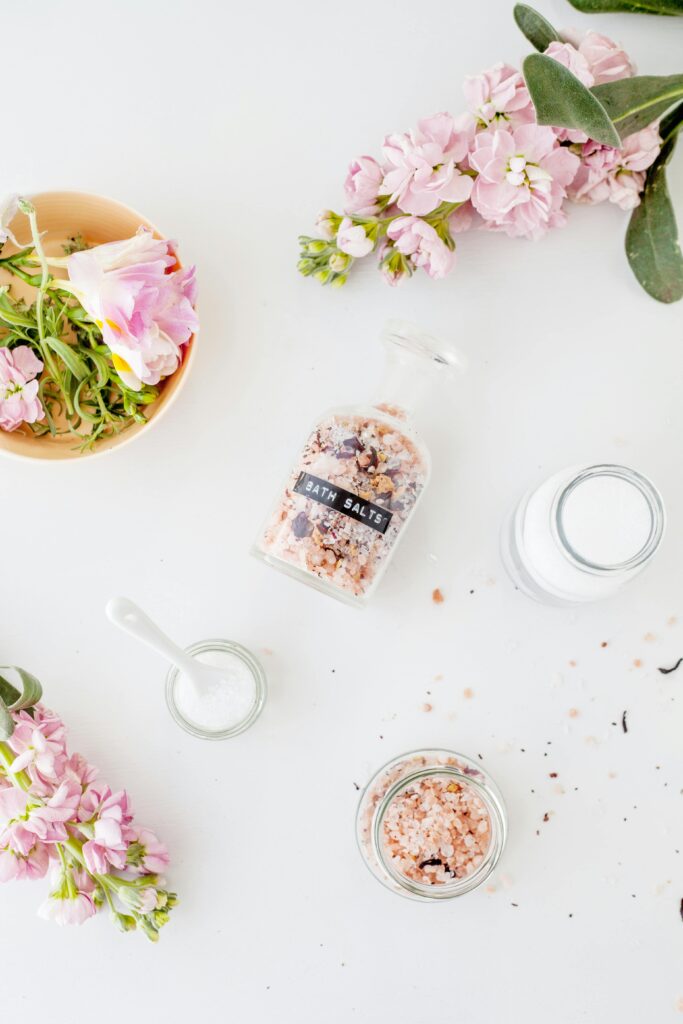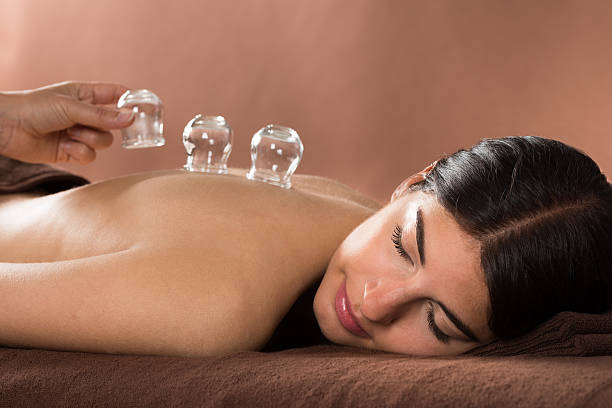Dr. Han Acupuncture & MedSpa was established by Dr. Bing Han (L. Ac., DAOM). Its task focuses on wellness and healthcare for patients with distinct ailments and disorders via Traditional Chinese Medicine (TCM).
At Dr. Han Acupuncture & MedSpa, practitioners help patients cope with pain and stress relief, anti-aging facial rejuvenation, body weight management, digestive and emotional disorders, auto-immune diseases, infertility, etc.
The oriental and modern techniques and practices include but are not limited to:
- Acupuncture
- Cupping
- Tuina
- Guasha
- Acupressure
- Moxibustion
- Herb Spa & Fire Therapy,
- Nutrition & Healing Dietary
Scientific research may be conducted occasionally with the written agreement.
Q & A
What is acupuncture?
Acupuncture is an ancient Eastern Medicine therapy that involves the use of sterile needles to stimulate key areas of the body to help alleviate pain and mobility problems and achieve optimal health outcomes.
While its popularity has only recently been increasing in the West, acupuncture is an integral part of traditional Chinese medicine (TCM), a medical system that goes back thousands of years. Yet its full potential is still untapped, as it’s becoming one of the fastest-growing fields in integrative health.
Integrative, whole-person health addresses the full range of a patient’s physical, emotional, spiritual, and environmental influences, focusing on therapies that extend beyond the surgeries and drugs that have historically defined Western medicine.
What conditions does acupuncture help manage?
Acupuncture is most commonly used to treat pain and is also used for overall well-being. Maintenance of good health reduces the chance of getting ill.
The World Health Organization endorses acupuncture, and clinical studies have shown it to be a beneficial treatment for many conditions, including:
Chronic pain: migraines, neck and back pain, tendonitis, sciatica, carpal tunnel syndrome, fibromyalgia and rheumatoid arthritis
Digestive disorders: irritable bowel syndrome, colitis, gastritis and constipation
Urinary and reproductive disorders: menstrual cramps, irregular or heavy periods, infertility and menopausal symptoms
Psychological and emotional disorders: depression, anxiety, stress and insomnia
Symptom management for the negative side effects of chemotherapy and radiation, including fatigue, generalized pain, dry mouth, peripheral neuropathy, nausea and vomiting
Seasonal allergies
High blood pressure
Addictions to nicotine, alcohol, and drugs
Overweight or obesity, when coupled with diet and exercise
Who are the candidates for acupuncture?
Acupuncture has been widely used in Asia and other countries for centuries not only for treating illnesses but also for health enhancement. In other words, one does not need to be ill to seek acupuncture.
There is no limitation on the age range for acupuncture.
How does acupuncture work and what does it feel like?
Acupuncture draws on the belief that an energy called Qi (pronounced “chee”) circulates throughout our body, from the top of our head to the soles of our feet. When we experience good health, this energy flows unobstructed along pathways in the body called meridians. Each meridian is believed to be connected to a specific organ system, and when an energy flow is disrupted by a disease or an injury, illness or pain occurs. Acupuncture is then used to balance the flow of Qi and stimulate our body’s natural ability to heal.
Acupuncture involves placing thin needles into certain areas of the skin. When stimulated, the point sends a message along the nerve to the brain and spinal cord. This causes the brain to release chemicals such as endorphins. These are chemicals our own body produces that alter or eliminate the message of pain being delivered to the brain. The release of these “feel-good” mood-regulating chemicals helps patients feel better physically and emotionally, similar to the effect of exercising. And when someone’s emotional outlook improves, their quality of life improves.
The number of needles and the length of time they are kept in place depends on the ailment being treated. Since the needles are as thin as hair, some patients may feel a tiny prick when the thin needle is inserted. Others feel a tickle. And some patients don’t feel a thing.
Acupuncture sessions generally run for 30 to 45 minutes, with patients lying on a padded table. Some patients feel an electrical sensation during a treatment, which is healing energy moving through the body. And some patients fall asleep during acupuncture treatments.
In addition, many treatments include a lesson on how to use acupressure on yourself. At home, patients can apply pressure on certain points with their fingers, hence, acupressure. This should only be done with guidance from a properly trained and licensed acupuncturist. It is not recommended to use acupressure without first discussing it with a licensed acupuncturist.
Is acupuncture safe & effective?
Acupuncture is known for its simple, yet effective methods and does not cause harm to patients when performed correctly. Acupuncture treats many of the same conditions that modern medicine does – without having to resort to chemical pharmaceuticals or invasive surgeries, making it very attractive to those who are looking for natural, safer treatment methods for chronic or acute problems.
Due to the growing side effects and damages of pharmaceuticals, such as opioid prescription painkiller addiction and abuse, we’re finding increased interest in less invasive, yet effective alternative treatments, such as acupuncture. The future of acupuncture is especially bright and relevant as it’s a proven effective treatment therapy for a wide array of conditions. Acupuncture helps patients overcome many health issues in a safer, more natural way.
Is acupuncture also used as an anti-aging treatment?
It is important to understand that youthful appearance comes from within the body and not just the skin alone. Acupuncture approaches anti-aging by first creating a healthier environment within the body which then naturally reveals a healthy glow. Facial acupuncture may also be applied to the face to target fine lines and help make the skin look younger and smoother. The concept is to collaborate internally and externally to optimize health while simultaneously enhancing the appearance of the skin.
What is the difference between acupuncture and Botox?
Botox is not acupuncture. Botox uses a bacteria called “botulinum toxin” that temporarily paralyzes the muscle area by injection to tighten the skin of that muscle area. While both Botox and acupuncture use needles, acupuncture works on an opposite concept to Botox. Acupuncture combines strengthening the health of the body with addressing the facial skin in an all-natural manner. There are no drugs or toxins injected into the skin. Achieving a healthier state from within the body also carries out a better skin quality to naturally appear younger and smoother, with more prolonged results and without the possible side effects of Botox.
